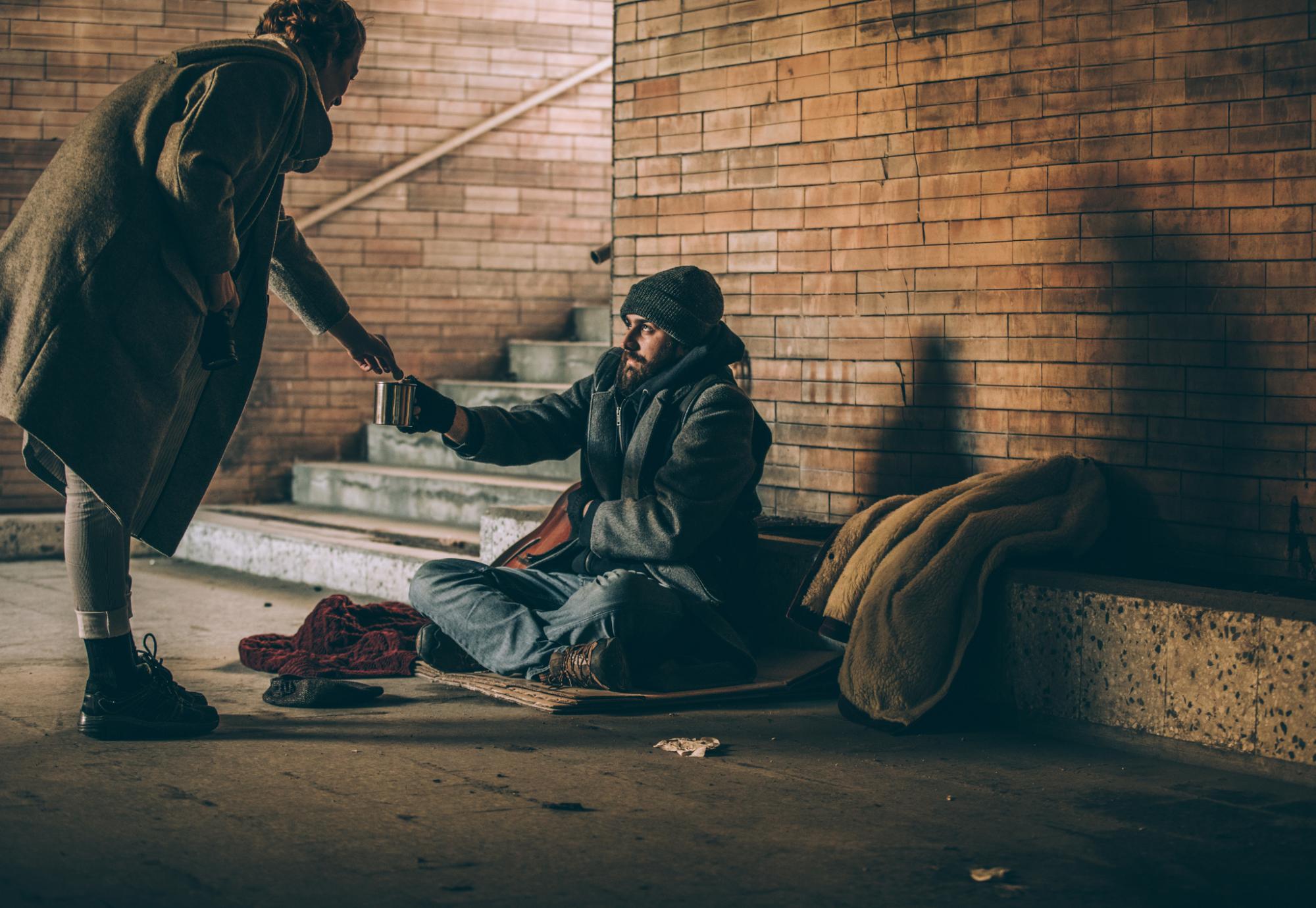Rough sleepers are to be helped stay off the streets for good through a joined-up approach to treating its underlying causes.
Speaking with council and charity leaders, Housing Secretary, Robert Jenrick set out government plans to build on the successful ‘Everyone In’ programme.
This will be through a renewed focus on cross-agency cooperation involving councils, local NHS trusts and Public Health England to tackle the complex root causes of rough sleeping.
Joined-up support services, bringing together central government, councils, charities and welfare groups, will work side-by-side to tackle the underlying issues of rough sleeping, such as healthcare and substance misuse.
This commitment will build on the local partnerships that were developed during the Covid-19 pandemic, providing rough sleepers with a route off the street for good.
Commenting, Mr Jenrick said:
“At the beginning of the pandemic we took swift and decisive action to bring rough sleepers in from the streets and settled into longer-term accommodation in record numbers. The results are clear and a huge credit to all involved.
“Ending rough sleeping is a personal mission for the Prime Minister and me, and we have made huge progress since he came into No. 10, reducing rough sleeping by 43%.
“We must ensure we build on this progress as we recover from the pandemic and continue our tight-knit work with partners across the sector to offer all rough sleepers a chance to sustain a life off the streets.”
During the pandemic, the government worked hand in hand with partners in local government and charities to support rough sleepers to keep them off the streets during a period of national emergency.
Mr Jenrick and the Minister for Rough Sleeping, Eddie Hughes, addressed council and charity leaders and praised them for their work since the pandemic began.
They asked them to continue to work together to cement the achievements of Everyone In, which has supported over 37,000 vulnerable people during the pandemic.
This includes more than 26,000 who have already moved on to longer-term accommodation.
They also heard directly from those working on the frontline and other key partners about the work to end rough sleeping going forward.
The government said they are focused on learning from what has worked during the pandemic and are carefully considering the role of health, justice, immigration and employment alongside housing.
Councils have also been asked to refresh local plans to end rough sleeping and to agree operational targets for reducing it in their area this year.
This comes alongside the £750m committed by the government to tackle homelessness and rough sleeping this year, as part of the commitment to end rough sleeping during this Parliament.
Commenting, Mr Hughes said:
“Today we pay tribute to the tireless efforts of council staff and community groups who, backed by unprecedented government funding, have helped thousands of vulnerable people over the course of the pandemic.
“Going forward, it is vital that rough sleeping and health services continue to work together to ensure the necessary support is there when people need it.
“Working together we will continue to transform the lives of people sleeping rough on our streets.
Leader of Westminster City Council, Councillor Rachael Robathan added:
“The reasons why people end up sleeping rough are complex. At Westminster City Council we do everything we can to offer rough sleepers a route into help and safe accommodation, but as a local authority there are limits to what we can do.
“That’s why I particularly welcome the Secretary of State today setting out a continued approach which draws everyone, central government, councils, charities and welfare groups, together.
“This policy has already paid dividends in Westminster, where for example the Everyone In policy allowed us to take hundreds of rough sleepers off the streets as the pandemic hit last year.
“While the end of the pandemic will no doubt present new challenges, this joint work is getting results and I am happy to support it.”
Councils will also be asked to exhaust all options within the law to support rough sleepers not eligible for statutory homelessness assistance due to their immigration status.
This will include working with the voluntary and community sector to support people into employment and accommodation, and working with the Home Office to regularise immigration status through immigration surgeries and the Rough Sleeping Support Service.
The Rough Sleeping Support Service could play a crucial role in this the government said, which is why the Home Office will shortly be reviewing its future operation.



















